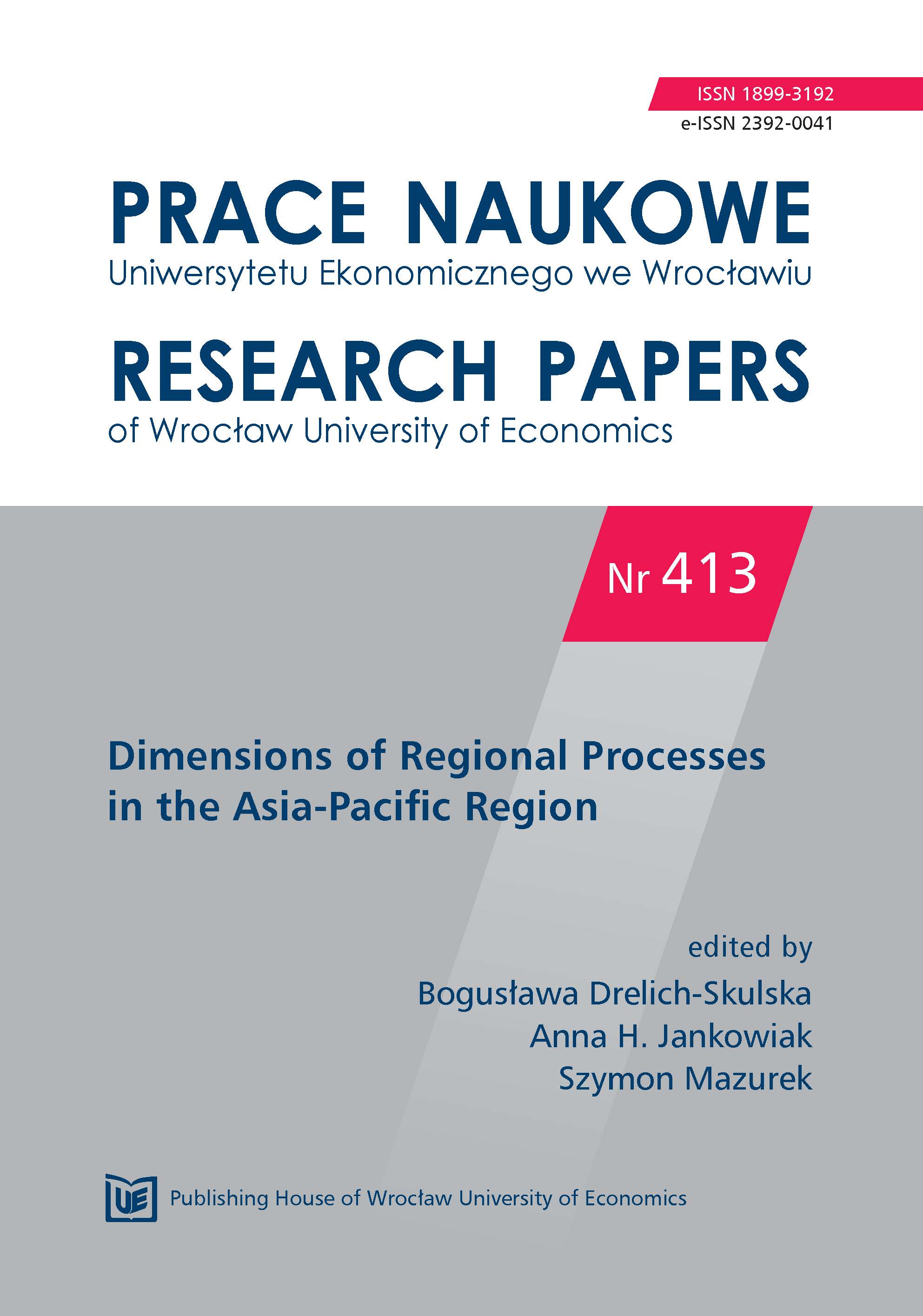Contagion and self-learning in Asian economic crises 1997-1998 and 2008-2010. Case Study of Malaysia
Contagion and self-learning in Asian economic crises 1997-1998 and 2008-2010. Case Study of Malaysia
Author(s): Marcin Grabowski, Sławomir WyciślakSubject(s): Economy
Published by: Wydawnictwo Uniwersytetu Ekonomicznego we Wrocławiu
Keywords: contagion effect; Malaysia; Complex Systems Theory; Asian Financial Crisis 1997-1998; Global Financial Crisis 2008-2010
Summary/Abstract: The contagion effect is of a systemic importance for the real, financial and political spheres. In contagion analysis the impact of centralization and self-learning in a complex system on the ability to respond to contagion escalation is interesting. The system approach methodology seems best to resolve such systemic issues. Malaysia, selected for a case study, was affected both by the 1997-1998 and the 2008-2010 crisis. The tested hypothesis: centralized system is more prone to contagion, but self-learning and response to contagion may be faster, was proven. Malaysia was prone to contagion mostly due to links with neighbouring countries, correlated especially with Indonesia, less with Thailand, but centralization, similar to other SE Asian countries, made the contagion relatively fast. Conversely, the centralized yet controversial reaction of Mahathir bin Mohammad, allowed Malaysia to overcome the crisis faster and broadly implement a self-learning mechanism to avoid future shocks.
Journal: Prace Naukowe Uniwersytetu Ekonomicznego we Wrocławiu
- Issue Year: 2015
- Issue No: 413
- Page Range: 220-232
- Page Count: 13
- Language: English

